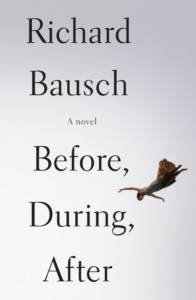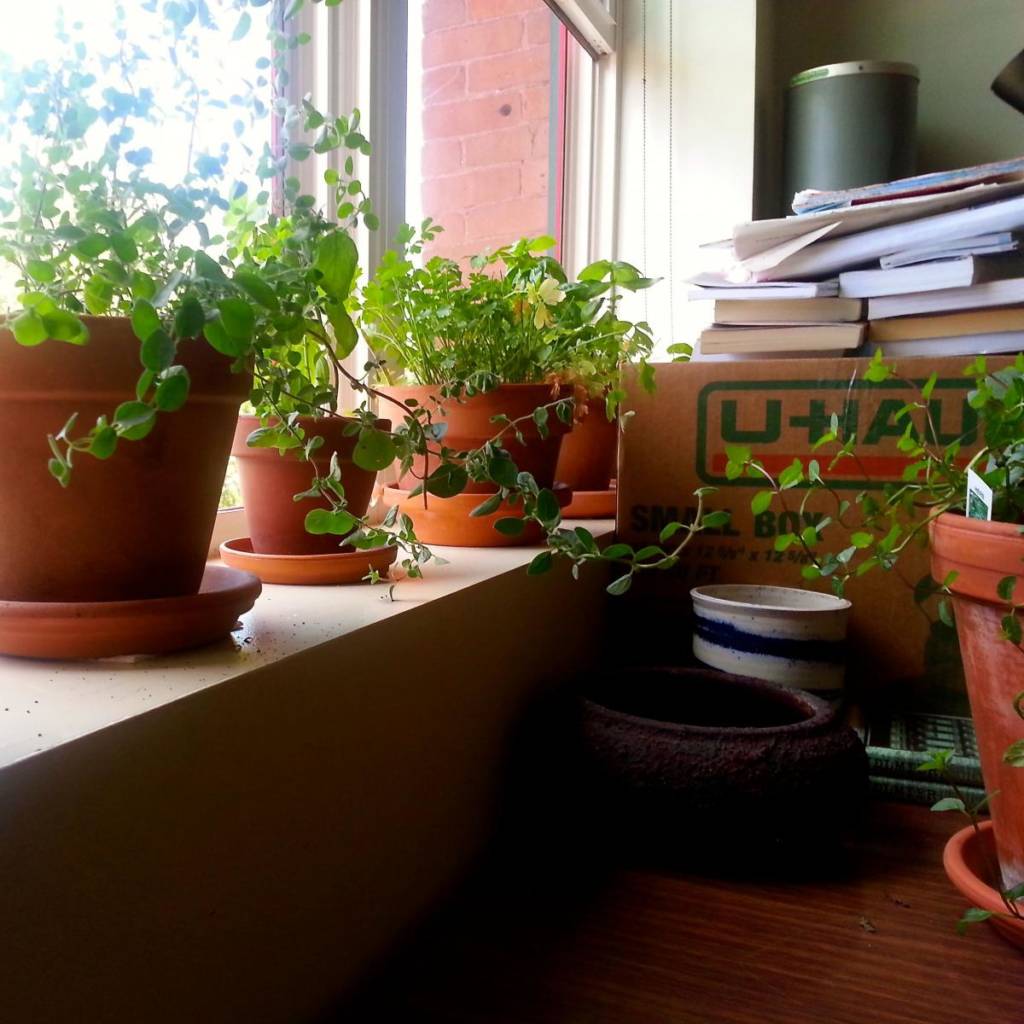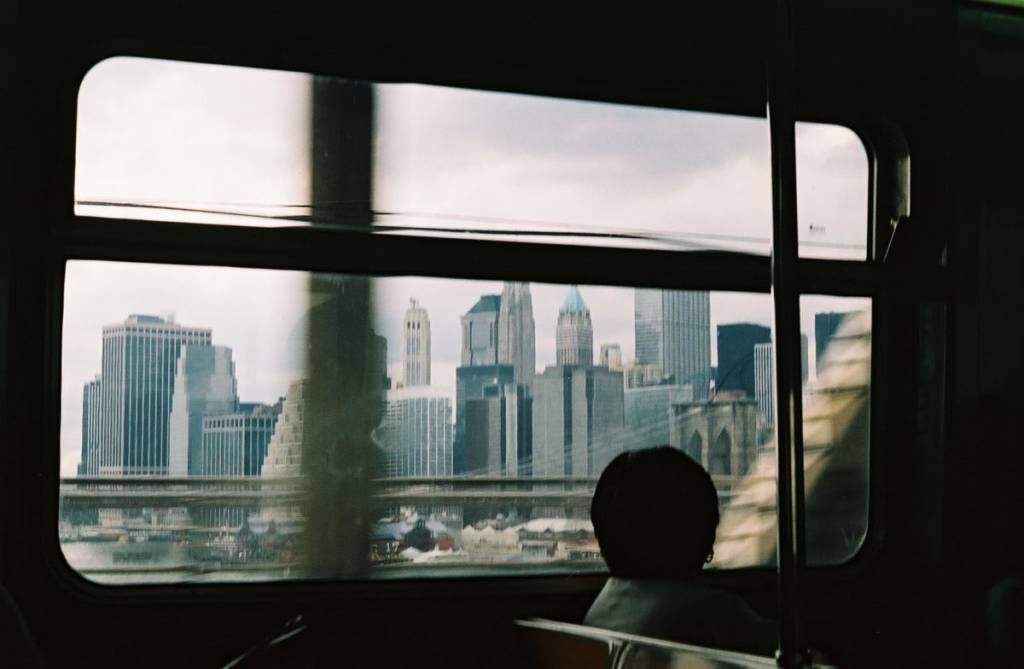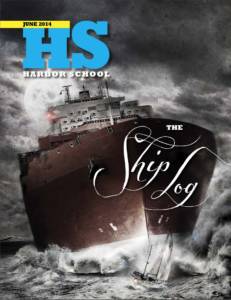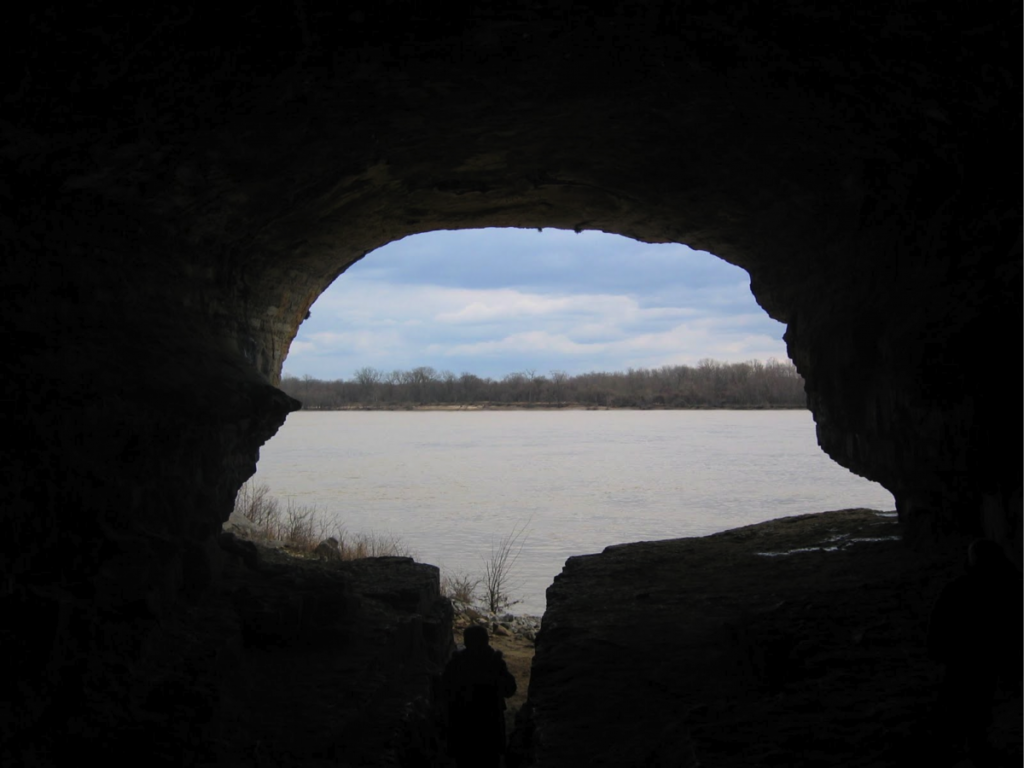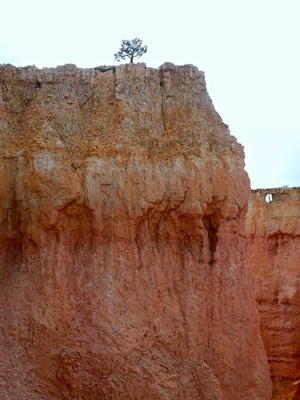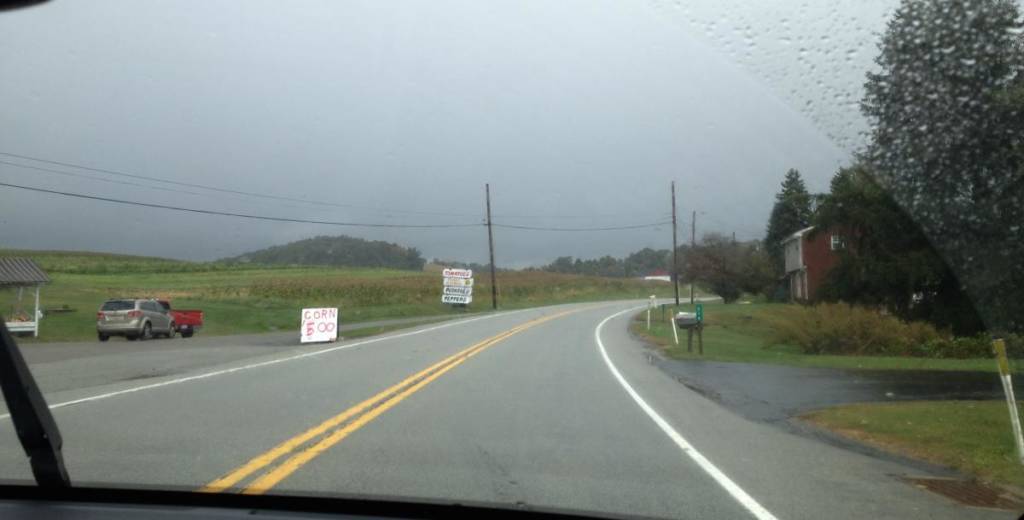
We drive on a gray day in October, a scenic four-hour drive from my new home in Baltimore to my old home in Leechburg, a small steel town in the rolling hills of Western Pennsylvania, where I lived from ages 8 through 15—the longest stretch of childhood I spent in one location. Though it’s a place I’ve often gone back to in my fiction, I haven’t returned in person in over 15 years. The trip is reconnaissance and romance: scene gathering for a novel and a chance to explore my memory with M.
